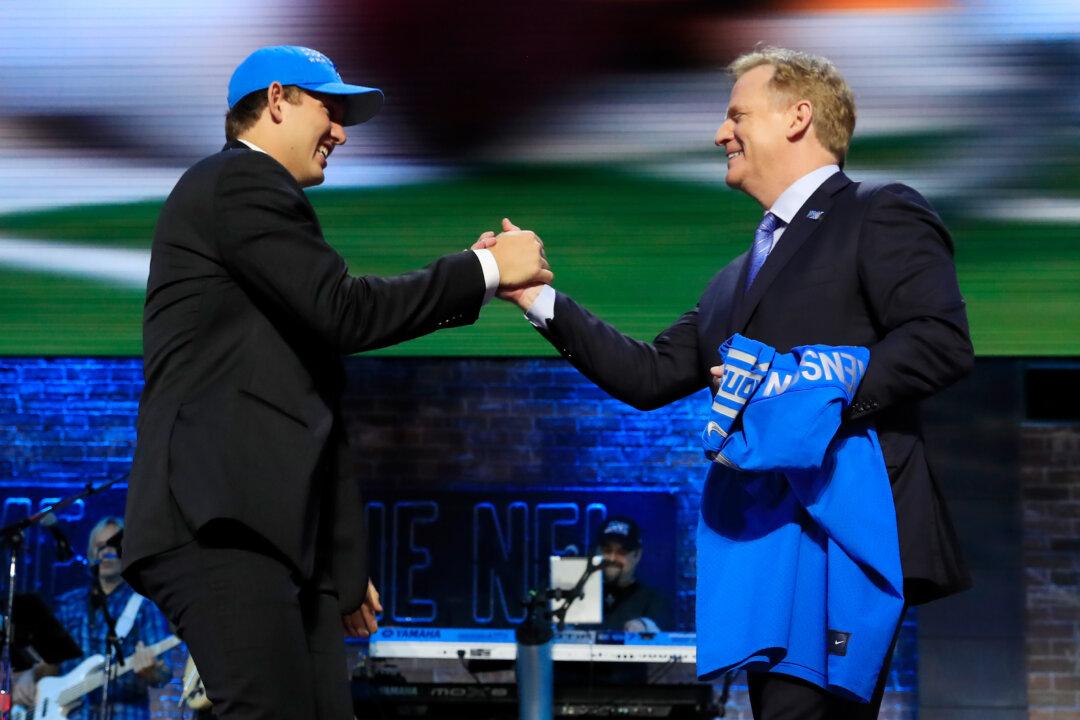Commentary
As any U.S. sports fan knows, the National Football League’s annual draft took place on April 25–27. As a lifelong Detroit Lions fan, I followed the extravaganza with intense interest.


As any U.S. sports fan knows, the National Football League’s annual draft took place on April 25–27. As a lifelong Detroit Lions fan, I followed the extravaganza with intense interest.